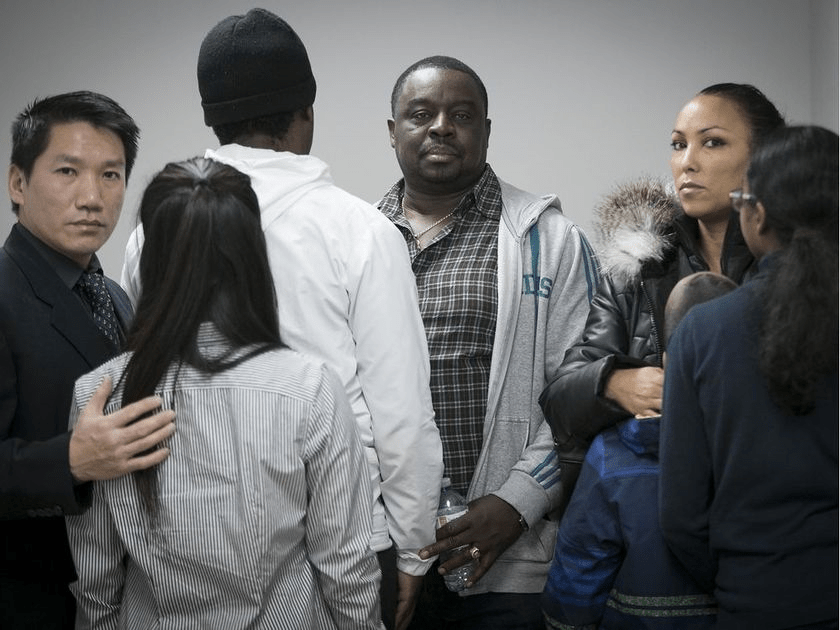Last week, the House of Commons Standing Committee on Canadian Heritage presented its report on systemic racism and religious discrimination, including Islamophobia. The presentation of the report came in the same week that Canadians marked the one-year anniversary of the Quebec City mosque attack, which left many in our country in a state of shock and dismay. It also came only a few days after International Holocaust Remembrance Day, a worldwide day of reflection and remembrance for the millions of lives lost in the Holocaust.
The 30 recommendations in the committee’s report matter. The Parliamentary debates on this topic also matter. Most importantly, our collective consciousness and healing matters.
Much like the lessons from the #MeToo movement, we must learn to recognize and sanction the various forms of prejudice that have been slowly breeding within our own lives and communities.
Racism is more than just a distant structural phenomenon to be studied. At some point, it hits people on an individual and psychological level. It weighs down on them, personally, silently, humiliatingly.
Racism works in both mysterious and not-so-mysterious ways. It tricks people into changing their name and mimicking their accents from fear that they may never get hired. It forces them to feel ashamed of their identity and origins. It surprises them every time they look at a wall of inductees and not one person looks like them. It desensitizes them when they find themselves repeatedly subjected to carding and police checks. It changes them when they receive death threats. It crushes their innocence when they become aware that not everyone sees them as who they thought they were — full of potential and ideas. It petrifies them when they learn, how, one year ago, a terrorist killed their brothers and sisters who were praying in a mosque. Racism-related experiences range from frequent ambiguous micro-aggressions to blatant hate crimes and physical assault.
Racism exists on the same land that has given us refuge, the land that has raised us, the land that we love and that we are proud to represent to the world.
As our country undertakes the important task of reflecting on the kind of society we want to live in, we must remember that racism, like other forms of discrimination, will not be eroded solely by money or laws in our once-removed networks and communities; racism will be eroded when we take it upon our individual selves to reveal the extent of problems by showing how many people have experienced these events themselves.
Regardless of the policies and the politics, the questions and answers, we must talk about our truths instead of being ashamed or hiding from them. We will need courage, not only to admit, but also to speak up, to engage, to condemn — not as observers but rather active participants — with something on the line, something invested in ourselves, in our community, in the land we call Canada, on the beautiful planet we call Earth.
And, to the thousands of people who have, and continue to experience race-motivated acts in Canada: You are not alone. You are not a fraud. You are not a thief. You are not a terrorist. You are not “stealing jobs.” And, you are certainly not a “burden to society.”
You are you — and you belong here.
Viva Dadwal is a law student at McGill University.
Sabrina Sassi is a senior fellow at the Jeanne Sauvé Foundation in Montreal.
Jaxson Khan of Toronto is a co-founder of Young Diplomats of Canada. The authors are members of the World Economic Forum Global Shapers Community, a network of young people driving dialogue, action and change.

